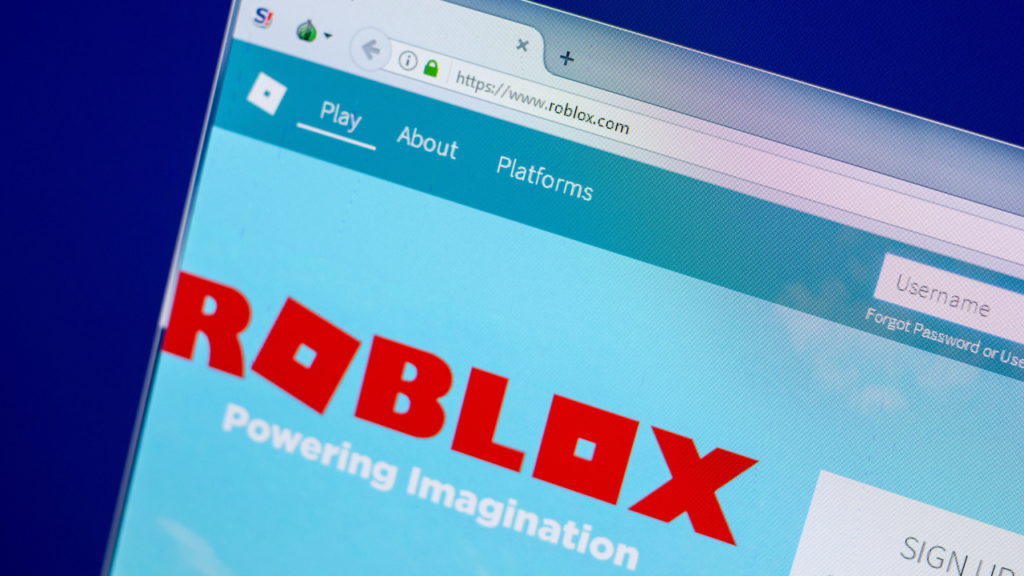Does The Metaverse Still Hold Promise For Retail Brands?

Most marketers will remember a time not so very long ago when the metaverse seemed destined to be the next big thing for their industry.
Like moths to a flame, brands were rushing into virtual reality (VR) and popular online gaming platforms like Roblox and Fortnite, eager to establish a firm foothold in what was widely billed at the time as the marketplace of the future.
For a time, excitement about the metaverse became a borderline cultural obsession. Books about the metaverse were being published at a rapid clip; advertising conferences like Cannes Lions and Advertising Week New York were flush with conversations about the future of marketing in the metaverse; a futuristic depiction of this virtual space was plastered to the front of Time Magazine, beneath the headline: “Into the metaverse: the next digital era will change everything.” Meta CEO Mark Zuckerberg – who changed the name of his company a little over two years ago to signal its reorientation around the metaverse – confidently proclaimed his belief that virtual experiences represent “the next chapter for the internet.”
To many, that brief period of clamorous excitement about the metaverse might feel like the foggy memory of a dream. Things have changed quickly; only rarely does one encounter a headline announcing that a big-name brand has invested large sums of money in a VR-based experience. Moreover, the stunningly rapid ascension of AI into mainstream consciousness seems to have largely eclipsed public interest in the metaverse (which remains a fuzzy concept that lacks a single, universally agreed-upon definition).
All of this might leave many marketers with a vague sense of whiplash. After so many brands had invested such vast amounts of time, energy and capital into the virtual realm, is it possible that everyone has just forgotten about it and moved on to the next enticing tech trend? Were a few unfortunate PR moments (the collapse of the crypto firm FTX, for example, which produced a widespread distaste for all things associated with the terms ‘decentralized’ and ‘web3,’ and an unflattering virtual selfie shared by Mark Zuckerberg across social media) really enough to poison the entire metaverse well?
Not everyone thinks so. Some marketing experts are confident that, while public excitement about the metaverse has undoubtedly been in a slump over the past year, it’s poised for a major comeback – and that retail brands would do well not to give up hope on this virtual realm.
Separating metaverse myth from reality
Technology evolves in unpredictable and often surprising ways. Take AI, for example. A few decades ago, it was common to believe that intelligent algorithms would quickly lead to embodied robot assistants and self-driving cars, and very few people would’ve said that they were going to push people in creative roles – like graphic designers and music producers – out of the job market. Today, the prodigious rise of large language models (LLMs) has flipped that expectation on its head. We now have models that can compose whole novels in the style of Tupac Shakur or Dostoevsky, but we’re still a long way from ubiquitous autonomous vehicles or housekeeping robots in every home.
Experts are quick to point out that this same principle of uncertain evolution applies to the metaverse – and that just because the initial hype cycle has faded, the original dream of humanity’s virtual future still holds great potential.
“I don’t think [the metaverse is] a lost cause at all,” says Jen Jones, chief marketing officer of Commercetools, a company that helps brands develop e-commerce capabilities. Above all, Jones says she’s noticed a significant shift in the language used to discuss virtual experiences. “Meta taking over the term ‘metaverse’ almost killed the metaverse,” she says. “I don’t think it’s Meta’s metaverse [any more] – everybody’s parked that language a little bit.”
Source link
#Metaverse #Hold #Promise #Retail #Brands






